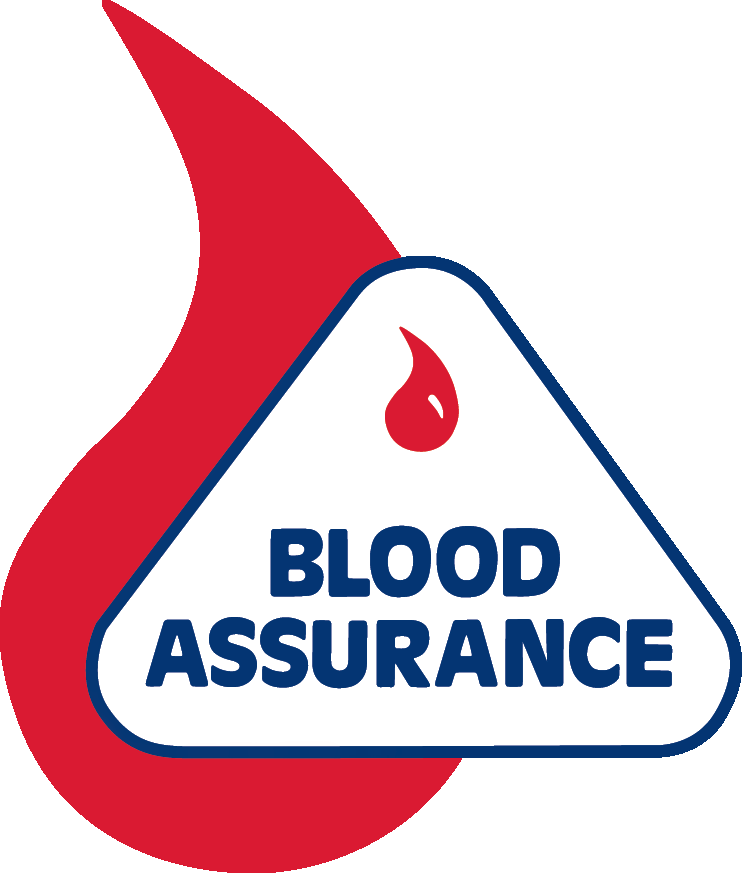SBB Program
The CTF SBB/TM Program, at Blood Assurance provides comprehensive and in-depth training in all aspects of blood banking: blood collection, component manufacturing, immunohematology, specialized serology, molecular testing, transfusion medicine practice, quality system essentials, education, research, leadership, and management.
Graduates of this 12-month distance-learning program are awarded a certificate of completion and are prepared to take the ASCP Board of Certification examination for SBB certification.
For more information on the ASCP,SBB examination eligibility requirements for the Specialist in Blood Banking certification, click here.
For more information and a link to the Blood Assurance SBB application click here.
Students who successfully complete the program with a GPA of at least 80% may be eligible for course credit in the University of Texas Medical Branch Master of Science in Transfusion Medicine program. Visit www.utmb.edu for more information. They may also be eligible for course credit at Rush University in Chicago, IL, for the Master of Science in Clinical Laboratory Management program. Visit www.rushu.rush.edu for more information.
Program Accreditation
The Commonwealth Transfusion Foundation Specialist in Blood Banking Program at Blood Assurance is accredited by the Commission on Accreditation of Allied Health Education Programs (www.caahep.org) upon the recommendation of the Committee on Accreditation of Specialist in Blood Bank Technology and Transfusion Medicine.
For more information about CAAHEP, click here.
9355 113th Street North #7709
Seminole, FL 33775
Phone: 727-210-2350
Email: mail@caahep.org
Website: https://www.caahep.org
Program Outcomes
| Graduation Year | Number of Graduates | Number who have taken SBB board exam | Number who passed SBB board exam | Program Pass Rate (%) | National ASCP SBB Pass Rate (%) |
|---|---|---|---|---|---|
| 2024 | 5 | 4 | 4 | 100% | 55% |
PROGRAM GOALS & OBJECTIVES
Students in Specialist in Blood Bank Technology programs are educated to become competent entry-level SBBs with adequate knowledge, skills, and professional appreciation for Blood Bank Technology.
The SBB student will have the opportunity to obtain and apply the following knowledge and skills:
Cognitive skills on the aspects of blood banking, transfusion medicine, and cellular therapy obtained through lecture objectives and/or practicum rotation objectives.
Psychomotor skills through rotation checklists, lab assignments, and/or teaching assignments.
Affective skills through didactic and clinical training in lab operations, teamwork, lab management, and/or professional development.
Successful students will:
Display enhanced knowledge in blood banking.
Function as managers, educators, researchers, or technical consultants.
Participate as a vital part of the health care team.




